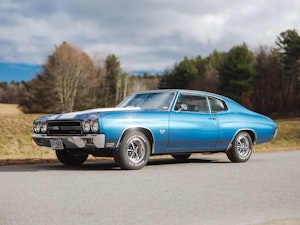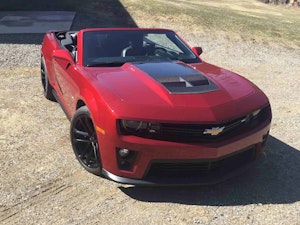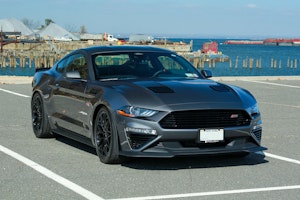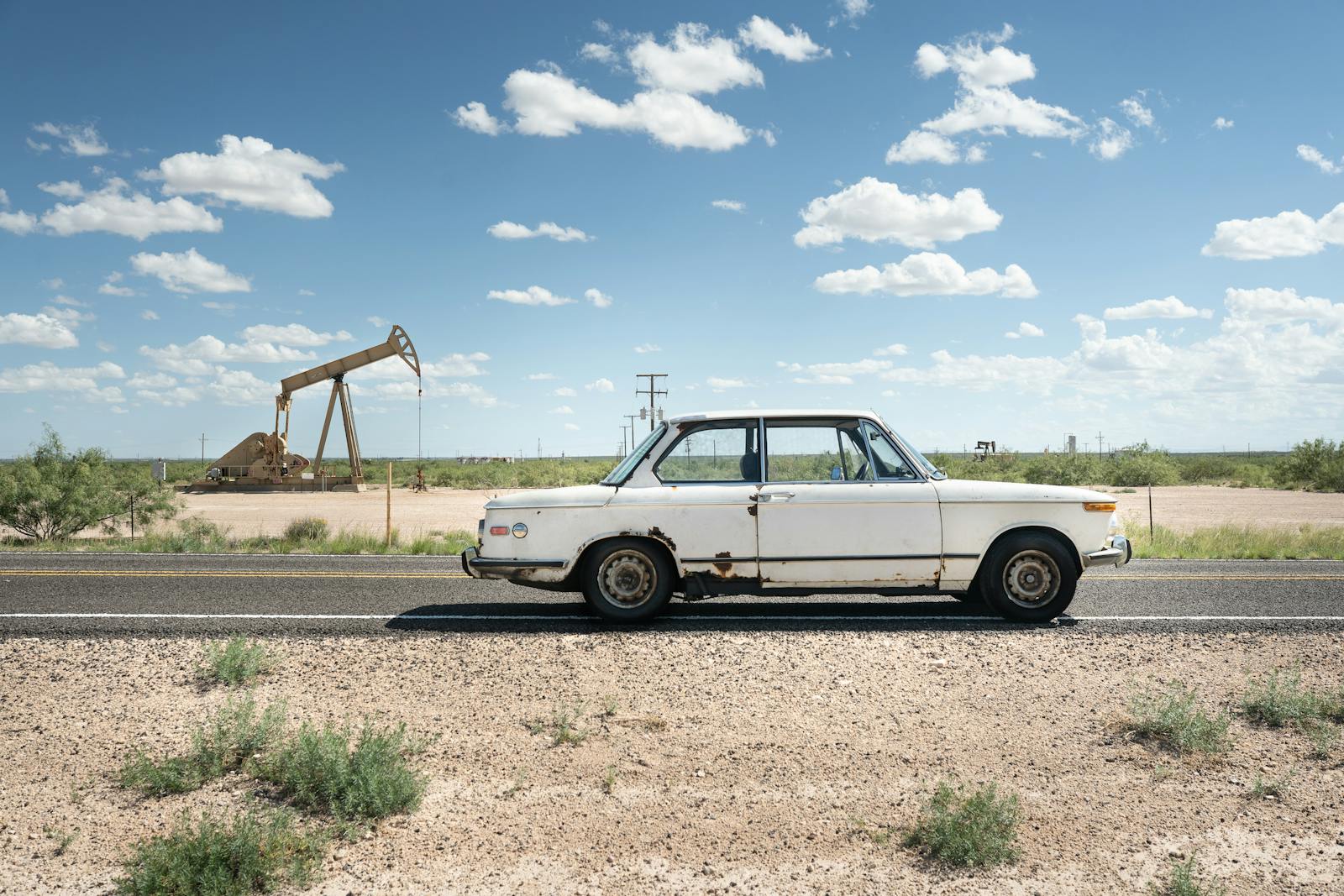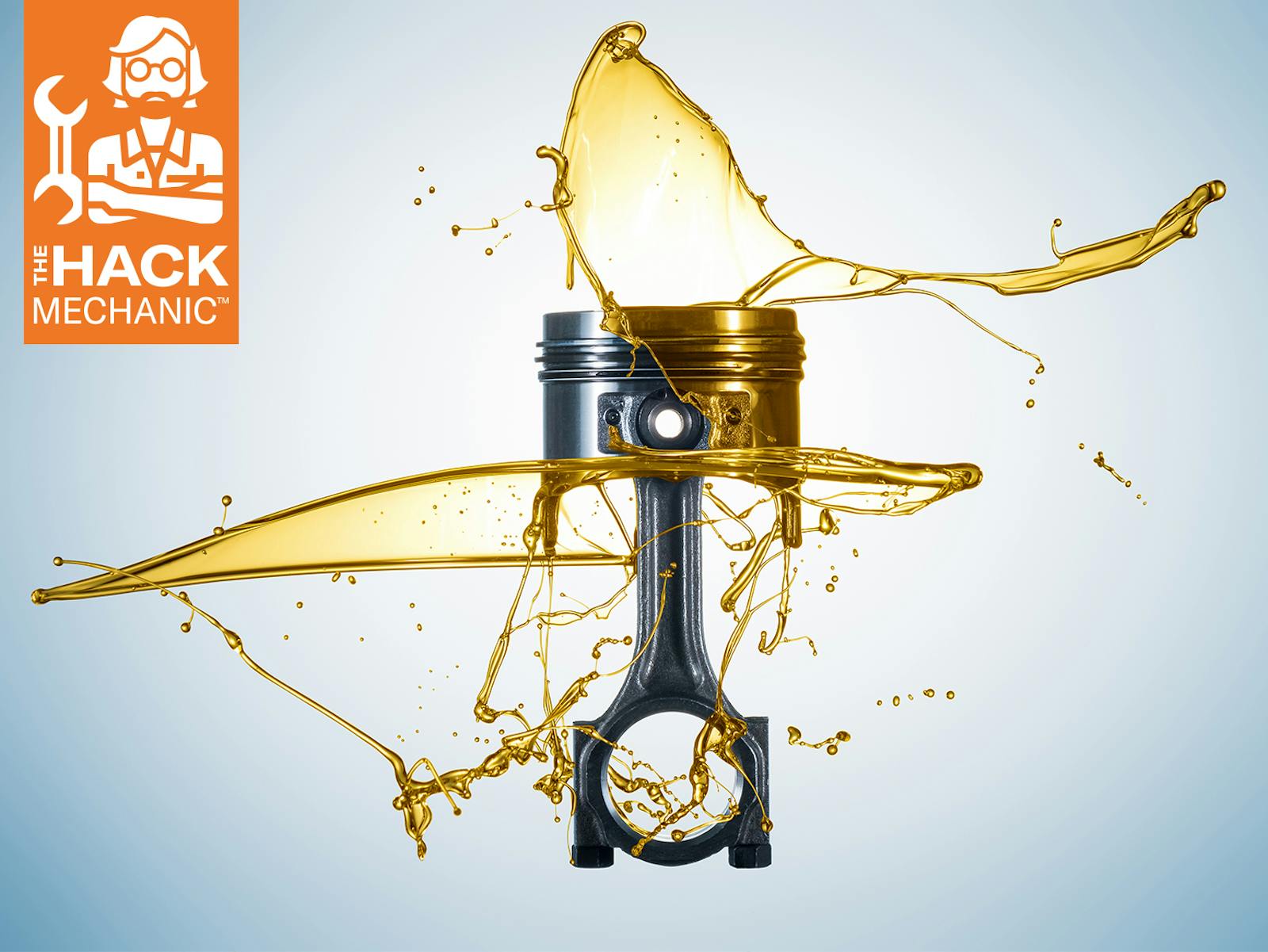Media | Articles
I just had to own a Lamborghini Miura, even if my dad didn’t approve
A while back, a reader named Joe Acerra asked me to write a column about what it’s like to own a Lamborghini Miura—a car that Joe, no doubt like many of us, was introduced to in Matchbox form as a kid. The Lamborghini Miura came out in 1966, and it was absolutely stunning. When the company revealed the prototype at the Geneva Motor Show that year, people were literally throwing money at Ferruccio Lamborghini for one. Soon, most exotic sports cars would be mid-engined, but the Miura was one of the first. It was only a year earlier that the mid-engine Lotus 38 had won Indy.
A Lamborghini is the type of car my dad would call “a foreign job.” He used to say, “You’re gonna have a hard time getting parts for one of those foreign jobs.” I didn’t give much thought to owning one until I first came out to L.A. I remember seeing Rod Stewart’s Lamborghini parked on the street somewhere, and when I looked in the window, there was a half-eaten bag of potato chips on the seat. I thought that was so cool, to have a car like that and be rich enough to drive around eating potato chips in it and not even care. I bought my first Miura not long after from my friend John Lacey. Dad was still alive then, and he never could say Lamborghini. He always called it “the Lamborgeenus.”
To be honest, the Miura wasn’t that great a car when it was new. By that I mean it’s not too comfortable, and the weight distribution is such that it had to have the spare tire, the radiator, the fuel tank, and maybe some sandbags in front to make it drivable. There are no bumpers, as I was painfully reminded when I accidentally backed one Miura into another, and the headlights are where they are because they look good, not because they provide any real illumination.
Although it’s a delight to drive swiftly, you don’t want to drive it fast. There are effectively no aerodynamics, and above about 120 mph, you feel the front end come up like the bow of a ship as the air gets underneath it. At that point, the steering gets very woowoo. The engine and the transmission share a sump and hold about 13 quarts of oil, which is usually coming out of somewhere. As I was driving along one time in my first Miura, I looked in the rearview mirror and thought, “Aw, jeez, it’s starting to rain.” But the windshield was completely dry, and I realized a fuel line had pulled loose and was just waving around, spraying the rear glass with gasoline. I pulled over and raced to the back with my little 16-ounce Coke can of a fire extinguisher, and I could hear the “plinktsssst! plink, plink—tsssst!” of fuel dripping on the engine, just waiting to burst into flames. Yet in spite of these challenges, I adore the Miura because it’s so unique.
My two favorite car years are 1932, when everyone realized the car was here to stay and larger engines and wilder paint schemes arrived, and 1966, the last year of true design freedom before federal regulations. With the Miura, as with any mechanical watch compared with a digital watch, which always functions perfectly, you have to appreciate all the mechanical machinations required to own and use it. The heavy pedals and the gated shifter, which look beautiful, are not as fast or easy as today’s shifters. When you stand on it, this is what it sounds like inside the car: “Waaaaah! (snick, tick, clunk, snick) Waaaaaaaah! (snick, clunk, tick, tick, snick), Whhaaaaaaa!” They put these crazy stereo systems in cars nowadays, but with a Miura, you don’t need a radio. You couldn’t hear it anyway. I love that.
Marketplace
Buy and sell classics with confidence
The real trick to owning a Miura is the same as owning a motorcycle; I never take it when I really have to be somewhere, unless I really have to be in a tow truck. And when I do take it, I always know where I’m going to park it. If I drive it home and my wife later wants to go out to eat, we’ll go in her Fiat 500. I’m not one of those people who pull up to a curb in L.A. to show off, and I would never, ever give the Miura to a valet. You would have to be insane. Or at least as crazy as a guy who would eat potato chips in one.
The article first appeared in Hagerty Drivers Club magazine. Click here to subscribe to our magazine and join the club.

